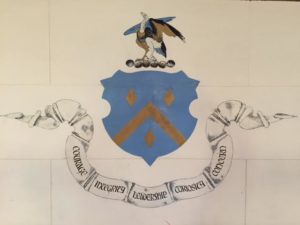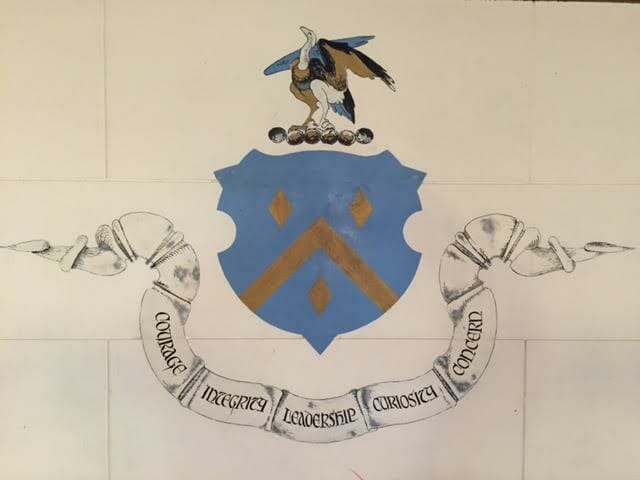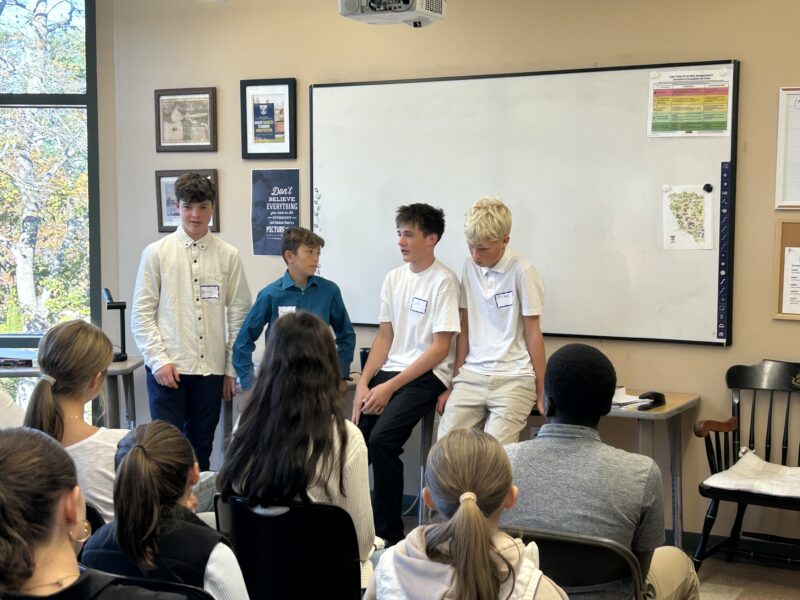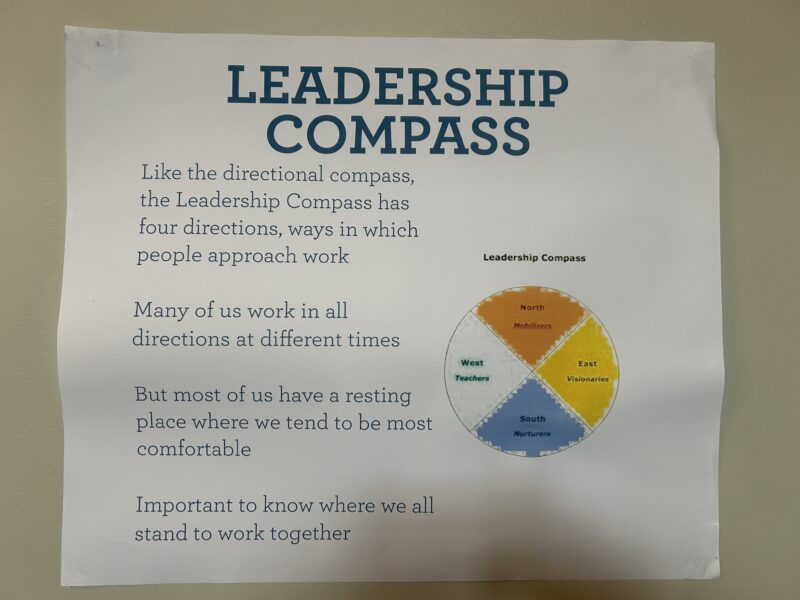
“Hyde is caught, not taught.” Many have said that over the years. For sure, there is some truth to it.
We call what we do “family-based character education.” We believe we are in a category of one. While I can’t think of a school that doesn’t claim to develop character somewhere in its admissions materials, I also cannot think of one as singularly devoted to this mission as we are. Simply put, we were first in putting character first.
We started a half-century ago with 5 Words (Courage, Integrity, Leadership, Curiosity & Concern) and a sentence: “Every individual is gifted with a unique potential that defines a destiny.” – Joseph Gauld, 1966. Some of our ideas and beliefs can be traced back centuries to people like Aristotle and Socrates. Our philosophy also borrows from more recent thinkers like William James and John Dewey. Our program continues to be informed by contemporary folks like Carol Dweck and Paul Tough.
And like any rich culture, ours is home to a number of unique traditions and nuances that can be confusing to both newcomers and outsiders. The “caught-not-taught” idea evolved over time as a result of people fumbling in their attempts to explain Hyde’s approach to education. Many a Hyde person has fallen back on, “Well, it’s hard to explain. Just go there and check it out.”
While I confess to having utilized that fallback position a time or two over the years, it’s a bit of a cop-out. (It can also be geographically impractical.) As I think about it, so much of Hyde’s lessons are the result of students, teachers, and parents doing things that are, well, uniquely Hyde things. So, I thought I’d isolate and explain five such things:
At risk of resorting to my own cop-out mode, I submit that my explanations of each of these ought not to be considered a substitute for either observing or doing them. I’d liken it to a trip I took last summer to France. As a history major and longtime teacher, I spent a fair amount of time studying and reading up on D-Day and what went down on the beaches of Normandy. However, nothing I read or studied on the topic prepared me for the full sensory, emotion-inspiring experience of walking those battlefields last summer. My visit brought it full circle. So, as you read, know that our welcome mat is always extended should you want to see things for yourself.
Stay tuned for the upcoming “5 Things” series. I welcome your suggestions as far as expanding this series beyond the aforementioned five. (For example, Concern Meetings and Alumni Diploma Speeches have been suggested.) I would also love to receive any anecdotes you might have that might help tell the story.
Onward, Malcolm Gauld



